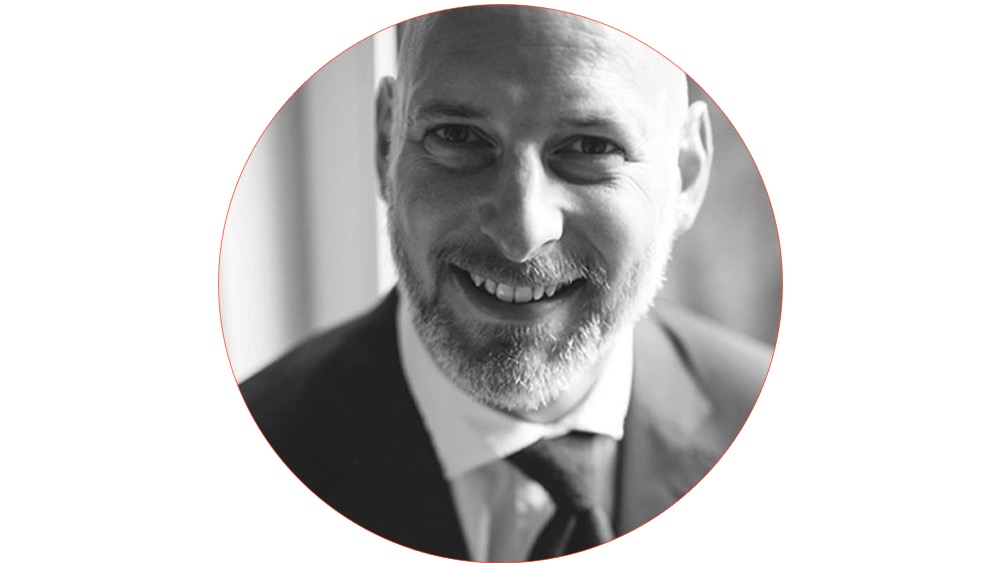The pain picture
This 2-day course explores complex pain states by considering the dynamic interactions of brain, body and world.
Description
Taal scholing: Engels - Geaccrediteerd register algemeen - Kwaliteitshuis (SKF en KRF): 14 punten - ProQKine: Niet aangevraagd.
What is this course about?
The last few decades have brought about a wealth of discovery in pain sciences. Clinicians and patients are recognising the value in bringing findings from research with imaging; lab techniques; and observational and behavioural experiments to better understand pain in a clinical setting. Pain is an experience, not a sensation. A broad framework is required to understand the place of biological and behavioural responses that occur when someone experiences pain. Inviting philosophical thinking allows us to go some way to link these bodily mechanisms with the self.
This 2-day course explores complex pain states by considering the dynamic interactions of brain, body and world. It uses Complex Regional Pain Syndrome as the reference point to understand the experience and perception of the person in pain. It provides a foundation for reflecting, discussing and sharing ideas about pain with practical sessions inviting the opportunity to challenge your own understanding of pain through first and third person perspectives.
Course objectives
After this course you will be:
1. Aware of the embodied cognition and predictive processing models of pain
2. Able to identify embodiment changes in pain
3. Able to perform basic bedside perceptual tests
4. Able to consider the rationale for appropriate treatment techniques
5. Able to reflect on own understanding and further develop curiosity around individual’s pain experiences
6. Able to facilitate an individualised assessment and treatment for complex pain states
Course Outline
A mix of theory & practical sessions covering:
- Historical perspective of pain models
- Embodied cognition, including predictive processing
- First-person perspective of the person in pain
- Bedside tools to understand embodiment – bringing science into the clinic
- Novel treatment techniques in rehabilitation
